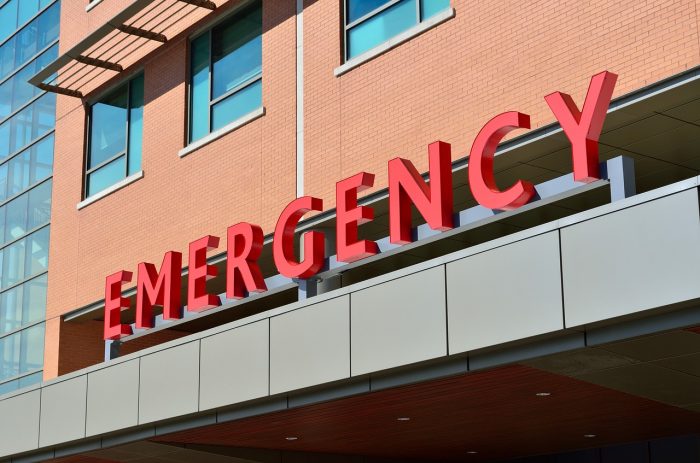Emergencies can happen anytime at any place. Households, businesses, and public places are not safe from such situations. Every organization requires emergency management services as emergencies can happen at any time. An emergency management service covers many aspects of safety for the protection of life and property.
Most of these aspects are common such as training, employee safety, security of assets, health, and arrangement of emergency services. Let us explore in this post all the aspects of emergency management services.
Clear communication

In the past, businesses used to hide their information from the public that was like a natural response for them. However, the approach was somewhat wrong. Healthcare facilities have proved their worth to communities from time to time, especially in times of emergencies.
In today’s world, information will come out one way or the other. Therefore, it is important that the public obtains the correct information from health professionals and not the wrong information from another person.
Everyone in the organization must be informed during a disaster. To handle an emergency effectively, all employees must be on the same page. Medical, legal, government, and facility management, among others, must understand what is happening.
Complete the training
Your facility may not be in an emergency for many years. Training is vital to ensure that your employees are always prepared for such situations. As emergencies can strike anytime, and employees cannot be prepared to face them until they are trained to do so.
Emergency training should be an important part of every business so that employees know what to do in case of fire breakouts, earthquakes, storms, pandemic illnesses, and other such situations.
Businesses should involve their communities in employee training. Health facilities may assume that they have the full cooperation of the local emergency services, the police, and the fire department, but these authorities tend to have different responsibilities in the event of a natural disaster. Establishing your role during training is essential to prepare you for business continuity management.
Knowledge of assets
Of course, many people panic when they face disaster. This puts great pressure on government agencies and other local resources to help people who face a major emergency. Hospitals cannot count on outside help. It is imperative that health facilities take an inventory of their assets to understand their capabilities and limitations before any natural disaster occurs.
Security protocol and protection against technological failures
Each hospital has a medical records department. These services require a certain amount of physical storage space, access to files, and software systems to operate each day. What if a disaster occurs and software systems go offline, or access to data sets is blocked? A continuity plan enables business owners to identify the equipment, storage, and others required to continue the day-to-day operations. It is important to understand these requirements in order to develop workarounds before any of the requirements are interrupted by a disaster.
Involve health care

Each hospital is focused on healing and patient safety. Sometimes disaster risk reduction is seen as a less effective side activity than the demands for daily health care. However, the ability to keep your facility open and treat patients during a disaster is a great benefit to the community and a significant revenue generator.
Health officials need to understand the importance of a sound emergency management program and allocate the right resources for disaster preparedness. Disaster relief workers are an important part of the business continuity management process – they prevent facilities from going out of control. Most importantly, your hospital continues to operate and generate revenue. Efficient emergency service is a valuable insurance policy.
A natural disaster can devastate an entire community in an instant. If your health care institution is unable to respond, you will lose the trust of the community and an important source of income. Competent emergency management is crucial to the safety of staff, patients, and the financial security of the hospital.
Final Words
These were the aspects covered by a complete workplace emergency management service. Clear communication is essential to keep every person informed, and training prepares the employees for emergencies. Moreover, every organization should communicate its assets and requirements to the healthcare facilities and emergency management services.
Security protocols and health care are equally important, and many organizations ignore them. If an organization considers all the aspects of emergency management services in this post, they can create a safe and secure workplace and prepare their employees for emergency situations.
